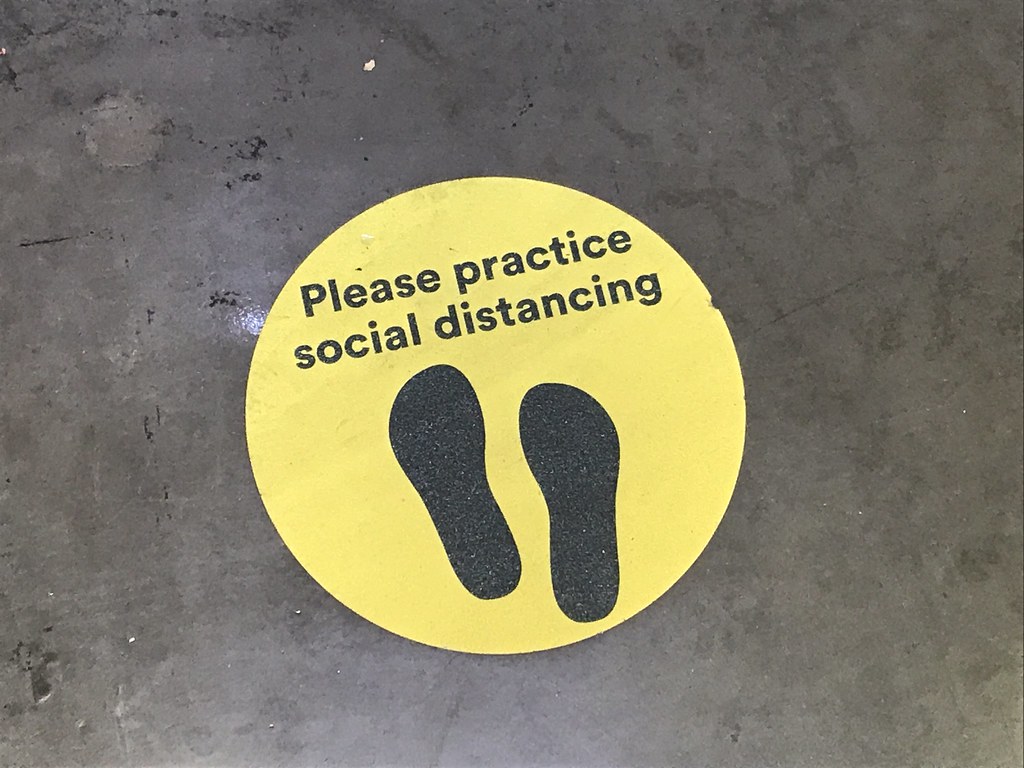Two years ago, I was shopping in downtown San Francisco for sweaters. I found two I liked, but only had the money to buy one. I walked up to the cashier and gave her the sweater I wanted to buy and the one I didn’t want to buy so she could return it to the shelf. I paid for the sweater, said thank you, and was given an abnormally large bag. On my way out of the store, I looked in the bag and saw two sweaters.
Had I not noticed the weirdly large bag, I could have walked out of the store as the unsuspecting owner of two new wool sweaters. Unfortunately, that is not how it went. I love sweaters. From November to March — San Francisco’s coldest months — sweaters are my go-to. But if I had proceeded to walk out the store with my new sweater, it probably would have been so tainted with guilt I wouldn’t have worn it.
I stood in the middle of the store holding my bag, the battle between my morality and greed raging. Soon enough, I ceded to morality, walked back to the cashier and handed her the sweater. She smirked at my lack of bravery, and I left the store with an abnormally large bag containing just one sweater.
Like my sweater dilemma, our choices around COVID-19 are moral questions. However, unlike with the coronavirus, had I taken the unbought sweater, I would just be harming the store and possibly myself (the chance of a shoplifting arrest). When we navigate the pandemic without following safety guidelines, our decisions do not just affect an independent entity and us; they can impact our society as a whole.
For example, we are encouraged to wear masks. Wearing a mask does protect us from the coronavirus, but it protects those around us to a much greater degree. As I see it, wearing a mask is a moral decision because we do it out of a desire to keep our neighbors safe, and out of the hope our neighbors are equally invested in keeping us safe.
While I do believe it is our moral responsibility to take precautions, I will not pretend that coronavirus decision-making can be reduced to a simple question of morality versus immorality. Those of us in the Bay Area, where I live, have been in shelter-in-place since mid-March, effectively making August the sixth month under the order. As a self-proclaimed ambivert — the divine combination of extroversion and introversion — seeing friends is a necessary part of my life. If I were to be a moral absolutist, I would argue that seeing people, mainly due to the somewhat inevitable precaution slip-ups, is an immoral choice.
I do not think that it is unethical to see people. However, I do believe we have to weigh our moral responsibility to each other with our responsibility to care for ourselves. I, for one, just got back from a socially-distanced family and friend trip to Yosemite. The trip was a pleasant change, and seeing friends was important for my family as we prepare for a few more months of shelter-in-place. It was not the absolute safest choice, but I do think the safe parts outweighed the unsafe, and the benefit outweighed the risk.
I will admit that at the beginning of the pandemic my opinion on moral responsibility was much more rigid, not unlike that of a moral absolutist. For the first four months of the shelter-in-place, I had my Grand Mère (the French/Haitian Creole word for grandmother) living with us while she completed chemotherapy. Since she was vulnerable due to her age and her cancer, my whole family was very nervous.
Adding to our fear, my mother is a doctor and was (and still is) treating COVID-positive patients. Life at our house was dictated by COVID. At dinner, my mother sat on the end of our eight-foot table, and Grand Mère on the other end. Dinner, which was already loud, involved more yelling than ever before. My sister (aged 13) and I (16) saw no friends and, as a temporary replacement, got very into Project Runway and the extreme debate of who is the better team: Tim Gunn and Heidi Klum or Christian Siriano and Karli Kloss. I am on team Tim Gunn.
I was being as careful as possible, largely due to my unique circumstances, but also due to my own moral belief that I was obligated to do so. Yet, I noticed many of my friends and peers weren’t wearing masks or taking precautions, and it was frustrating.
We all knew that the virus posed a considerable risk to our society, especially the most vulnerable among us such as people with immune deficiencies or older people, and that certain parts of our community, including Black, Latinx and Indigenous People, have been disproportionately affected. So, how could people continue with their normal lives fully knowing the virus’s impact? My faith in Americans’ sense of morality and community responsibility was dwindling, and to some extent, still is.
Undoubtedly, how we choose to handle the circumstances of this global pandemic needs to be rooted in public health officials’ instruction as well as our own needs and comforts. But it also needs to be rooted in our moral values and beliefs.
Had I taken that sweater and not paid for it, it would have said something about my belief system. Similarly, our actions surrounding the coronavirus speak to our values and sense of morality.
Contact Zadie Winthrop at zadiewinthrop ‘at’ gmail.com.
